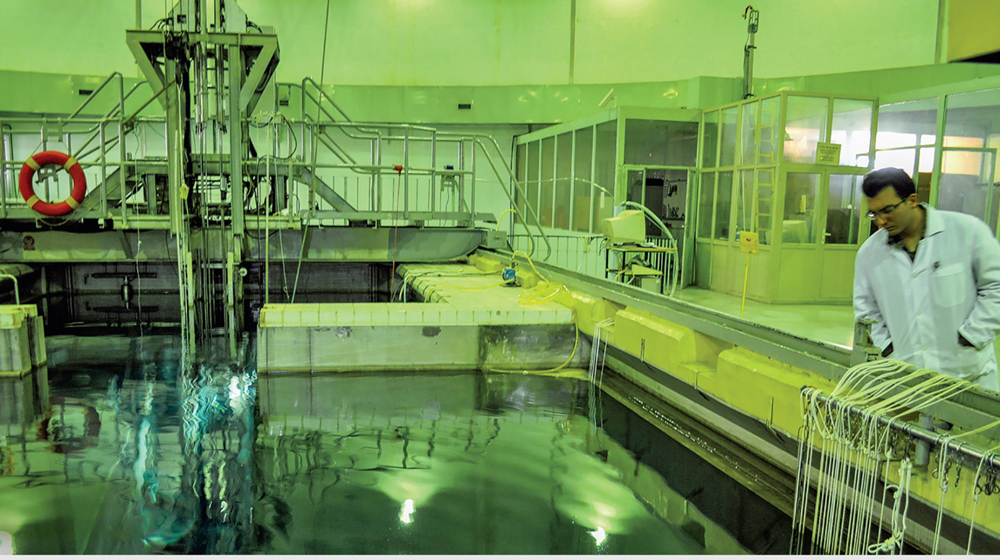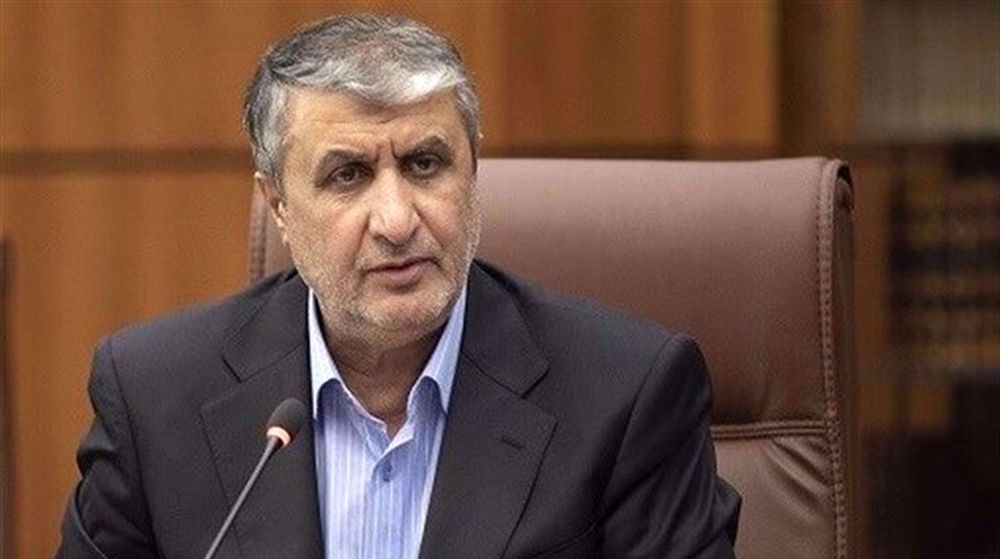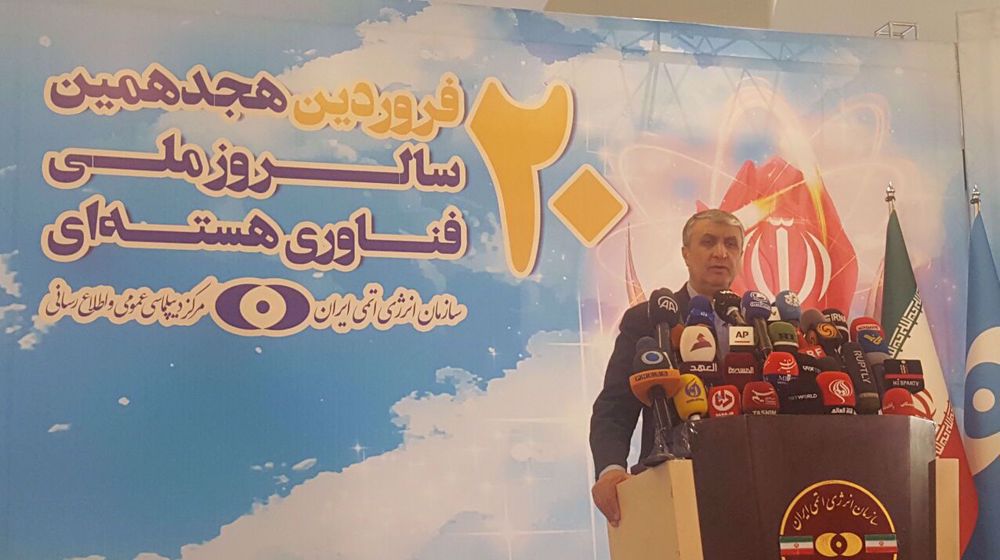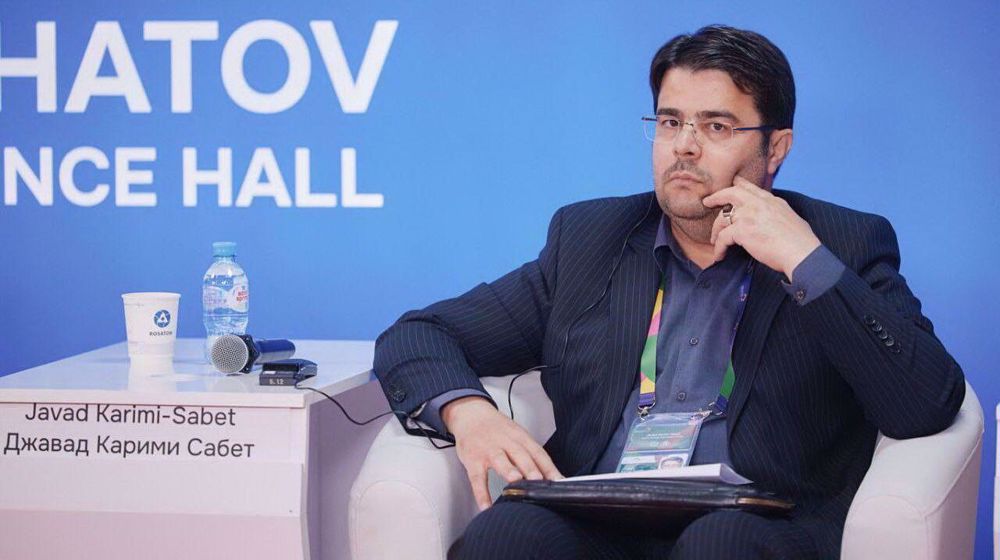Metal uranium use peaceful not in contradiction to NPT, Safeguards: Iran Foreign Ministry
Iran has dismissed baseless speculation that its plan to produce uranium metal-based fuel may have military implications, saying the technology — which is meant to meet the needs of a research reactor in Tehran — is not in contradiction to the Non-Proliferation Treaty (NPT) or the Safeguards Agreement commitments.
“This technology is a necessity for Iran, which has to meet its patients’ demands for radiopharmaceuticals with the best quality. It is completely based on humanitarian and peaceful grounds,” Iranian Foreign Ministry Spokesman Saeed Khatibzadeh said on Tuesday.
He said uranium metal has peaceful applications besides military uses, and that a number of countries are currently using this type of fuel for their reactors.
Khatibzadeh made the remarks in reaction to a Saturday statement issued by the three European signatories to a landmark 2015 nuclear agreement signed between Iran and major world powers, which claimed that Iran’s move to begin work on uranium metal-based fuel contravened the deal, officially known as the Joint Comprehensive Plan of Action (JCPOA).
The trio — the United Kingdom, Germany and France — made the claim after the International Atomic Energy Agency (IAEA) said Iran had notified the UN nuclear agency that it resumed research on uranium metal production in order to provide advanced fuel for the Tehran reactor.
The E3 falsely claimed that Iran was harboring “military” intentions and said, “The production of uranium metal has potentially grave military implications.”
In response, the Atomic Energy Organization of Iran (AEOI) on Sunday urged the IAEA and the European trio to avoid creating any misunderstanding surrounding the issue.
Playing down the statement, Khatibzadeh said it has been issued by spokespersons for the foreign ministries of the three countries and not by their foreign ministers.
He explained that utilization of a uranium metal production factory in Isfahan, stipulated in the Parliament’s recent legislation, and the production of advanced fuel (silicide) to be used at the Tehran Research Reactor, are two totally separate issues.
“What the IAEA has reported on applies to the start of research and development activities to design more advanced fuel for the Tehran Research Reactor dubbed silicide fuel — of which Iran had already informed the IAEA two years ago and has recently provided [the agency] with the designing information,” the Iranian spokesperson said.
“The Design Information Questionnaire (DIQ) for Isfahan uranium metal plant has not been submitted to the IAEA yet and this measure will be taken following the necessary arrangements and within a deadline set by the law.”
On January 4, the Iranian parliament passed a law, mandating the country with designing such a factory as well as other countermeasures in response to the West’s grave violations of the JCPOA.
The parliamentary law obliged the United States to lift the sanctions that it restored against Iran in 2018 after illegally and unilaterally leaving the nuclear agreement. It also required the European trio to resume their trade with Iran, which they stopped after the American sanctions came back into force.
The legislative body has given the quartet until February 21 to meet their obligations towards Iran under the nuclear accord.
April 17: ‘Axis of Resistance’ operations against Israeli occupation
UN Security Council to vote on full Palestinian UN membership on Friday
Palestinians across Gaza face 'man-made famine’: UNRWA
UK, Italy call on Israel to refrain from escalating tensions in region
VIDEO | Toronto activists block Canada-US rail line in support of Gaza
FM: Iran informed US of retaliatory strikes against Israel
VIDEO | Press TV's news headlines
VIDEO | London demonstration calls for UK to stop exporting arms to Israel











 This makes it easy to access the Press TV website
This makes it easy to access the Press TV website